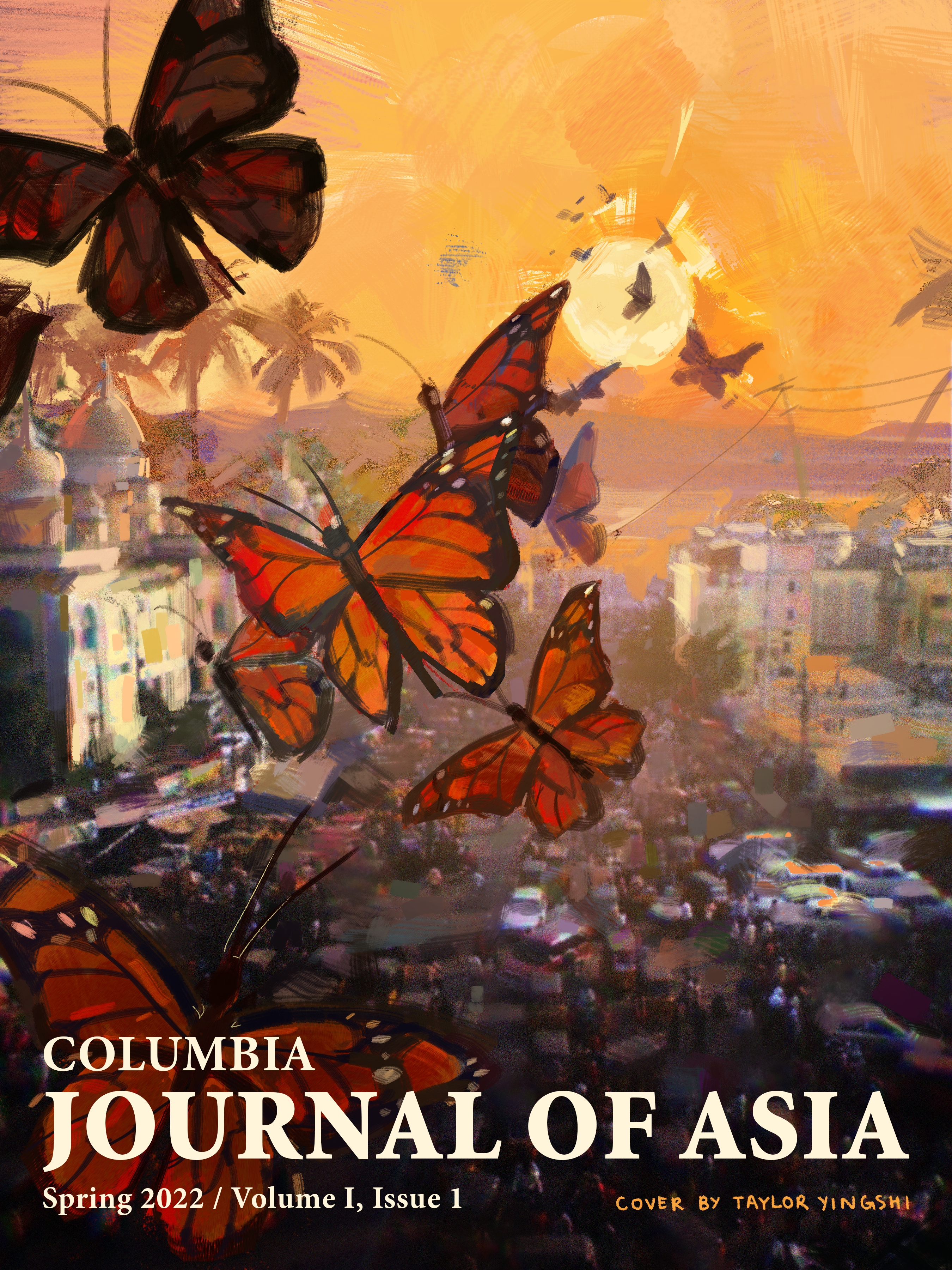Abstract
This paper examines the various relations between the Japanese Empire and the Japanese characters in Yokomitsu Riichi's novel Shanghai, referring to the concepts of deterritorialization and reterritorialization. The Japanese characters in Shanghai are initially deterritorialized in that they have left Japan, and the Japanese Empire exercises the power of reterriotialization on them. Those who are successfully reterritorialized, Miyako, Goya, and Yamaguchi, function as loyal territories of the empire, while the protagonist Sanki resists such power of reterritorialization, and Osugi is completely abandoned from the empire as 'the territory oustide'. In pursuit of deterritorialization, Sanki tries to unite with Osugi, but the author suggests that their future is hopeless. Likewise, the characters who served as loyal territories of the empire also end up in despair in the vortex of the May Thirtieth Movement. By focusing on the backstreets of Shanghai in 1925, Yokomitsu tried to reveal the violent nature of the power of reterritorialization on the part of the empire, which both emasculates the pursuit of deterritorialization and does not shelter the loyal territories of itself when they are threatened in the chaos of a revolution.

This work is licensed under a Creative Commons Attribution 4.0 International License.
Copyright (c) 2022 Won Jun Kang

